The Questioner: We know that many of the scholars have mentioned the following principle: ‘That everything that’s meat is eaten, then its urine and dung are pure (طاهر – ṭāhir)’, and this was likewise mentioned ash-Shawkānī and Ṣiddīq Ḥasan Khān, may Allah have mercy on them, as did before them the Mālikīs and Ḥanbalīs. This was due to two aḥadīth of the Messenger of Allah ﷺ that he permitted the drinking of camel urine, and that he gave permission to pray in a sheep’s pen.
However, a problem arises with us due to the following ḥadīth found in Ṣaḥīḥ al-Bukhārī, that the Prophet ﷺ, when dung was brought to him to use for istinjāʾ (a means of purifying oneself), he threw it away and said: “This is riks”—meaning, impure. And al-Ḥāfiẓ Ibn Ḥajar mentioned an addition [narrated] from Ibn Khuzaymah that the dung was from a donkey specifically. But, I was unable to find this addition in the printed version of Ṣaḥīḥ Ibn Khuzaymah that we have, so is this addition authentic?
Nevertheless, al-Ḥāfiẓ Ibn Ḥajar [also] narrated from [Muḥammad ibn Ibrāhīm] at-Taymī said: ‘That dung is specific to what comes from horses, mules, and donkeys.‘ Even though we know that horse meat is permissible to eat. Thus, how can we reconcile and balance between the principle mentioned by the scholars—by way of the two aforementioned aḥādīth, with the ḥādīth in Bukhārī titled as, ‘Chapter: It is not allowed to make istinjāʾ with dung?’
Shaykh Muqbil: The matter, as we understand it, is as established by the people of knowledge; that whatever meat is eaten, then its urine and dung are pure (طاهر – ṭāhir), and whatever is not eaten, then its urine and dung are impure. Likewise, in the ḥadīth, which is ḥadīth of ʿAbdullāh ibn Masʿūd, may Allah be pleased with him, in al-Bukhārī, that the Prophet ﷺ “…took the two stones and threw away the dung”, and said, “This is riks“—this is a proof for the scholars in what they have said.
And also, the prohibition from praying in a camel’s resting place is one of dislike (كراهة – karāhah), and not of prohibition (تحريم – taḥrīm), this likewise should be understood. It is also taken as an evidence for the purity of camel urine and feces. This is due to the fact that the avoidance is due to dislike, rather than prohibition, because the Prophet ﷺ did not mention that, “Whoever prays in a camel’s resting place must repeat the prayer”, and Allah is the One whose aid is sought.
As for the addition attributed to Ṣaḥīḥ Ibn Khuzaymah, then such an addition is accepted from al-Ḥāfiẓ, but one must investigate who said it, for this is only one matter. Now, as for us not finding it in [the version of] Ṣaḥīḥ Ibn Khuzaymah, then indeed many books have been affected by omission.
One example are the aḥadīth attributed to al-Mustadrak—I mean Mustadrak al-Ḥākim—and we sometimes don’t find the aḥādīth in it. Thus, this proves that some books, and we have said “some” in order to exclude the likes of al-Bukhārī and Muslim, Sunan Abī Dāwūd, al-Jāmiʿ of at-Tirmidhī, Sunan Ibn Mājah, and the Musnad of Aḥmad. Where such books were extensively served and preserved with remarkable care with multiple copies. So even if something was missing in one of the copied manuscript, the others would have preserved it. Thus, such books as I have mentioned, we are certain that nothing has been lost from them, due to their extensive service and preservation.
But the books that were not served and preserved, like Mustadrak al-Ḥākim and Ṣaḥīḥ Ibn Khuzaymah, and even some other books, like Tārīkh Baghdād, and books that were not given meticulous attention. Therefore, if you find a narration attributed to a book and do not find it [inside], it does not mean that the ḥadīth was never present in that book. Rather it could be that there was a lack of effort in it [so it was lost], and Allah is the One whose aid is sought.
As for its chain of narrations (اِسْناد – isnād) and the judgement on it, it is not possible to do so, except after examining its chain of narration. And even though al-Ḥāfiẓ Ibn Ḥajar said, ‘Whatever I am silent about, then it is ḥasan (good).”
The Questioner: Al-Taymī’s interpretation, should it be taken to mean that dung is specific to mules, horses, and donkeys?
Shaykh Muqbil: What is apparent is that horses are an exception specified by other evidences. In any case, with these problematic matters, either the early scholars have spoken about them, or they have not spoken about them. If they have spoken about them, then they have spared us the burden, if they haven’t, I advise the brother to turn his attention to memorizing the Qurʾān, and to memorize whatever he can from the Sunnah of the Messenger of Allah ﷺ. Perhaps, some of these subtle matters where one person understands it in one way, and another understands it differently—we should not busy ourselves and waste our time with this.
I advise my beloved brothers in Allah, may Allah, the Exalted, preserve them, to focus on memorizing the Qurʾān, and on memorizing whatever they can from the Sunnah, and learning the Arabic language.
And Allah is the One whose aid is sought.
From the tape: Asʾilat Murād al-Jazāʾirī
